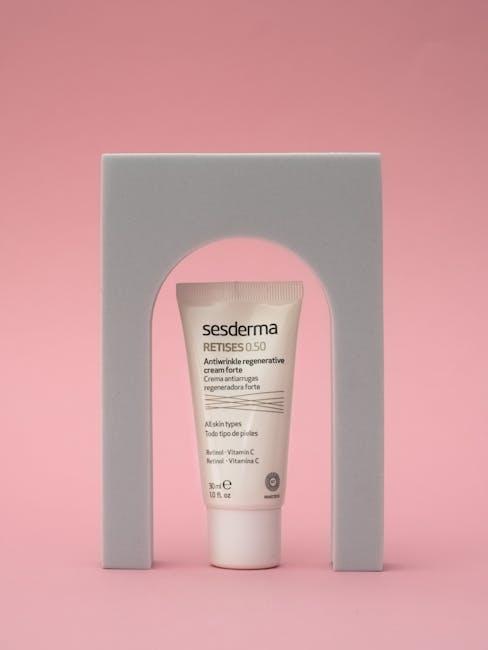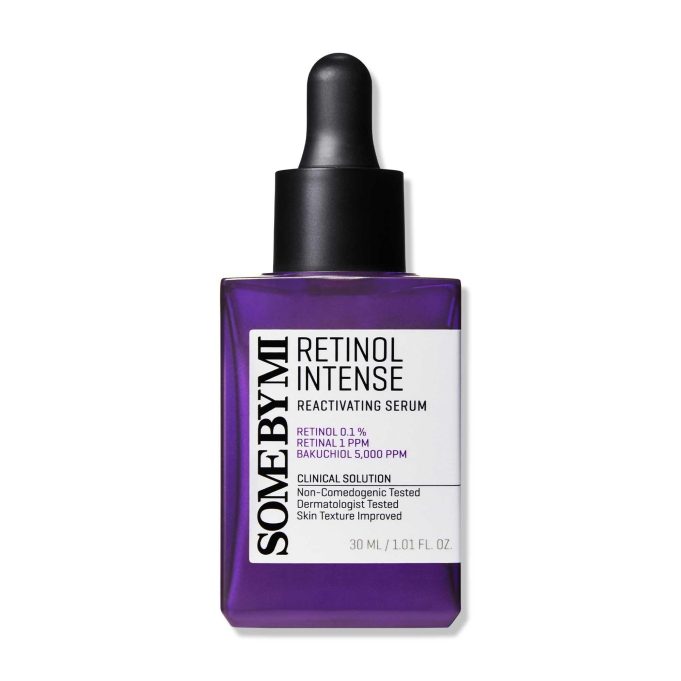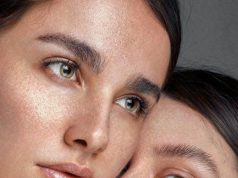In the ever-evolving world of skincare, where serums and creams promise the fountain of youth in a bottle, retinol has emerged as a star ingredient, celebrated for its transformative effects on the skin. Lauded by dermatologists and beauty enthusiasts alike, this vitamin A derivative is often hailed as a miracle worker, capable of smoothing fine lines, evening out skin tone, and revitalizing dull complexions. Yet, as its popularity continues to soar, an essential question lingers beneath the surface: Is retinol truly safe for everyone? This article delves into the science behind retinol, exploring its benefits and potential pitfalls, to help you navigate whether this potent ingredient is a friend or foe to your unique skin journey.
Understanding Retinol: What It Does and How It Works
Retinol, a derivative of Vitamin A, is celebrated in the skincare world for its transformative effects on the skin. It works by accelerating cell turnover and stimulating collagen production, leading to smoother, more youthful skin. Retinol can help reduce the appearance of fine lines, wrinkles, and hyperpigmentation, making it a staple in many anti-aging skincare routines. However, its potency can also lead to some challenges, especially for those with sensitive skin.
- Cellular Renewal: By promoting faster skin cell turnover, retinol helps to shed dead skin cells and reveal fresher, healthier-looking skin beneath.
- Collagen Production: Increased collagen can improve skin elasticity and firmness, combating the signs of aging.
- Acne Control: Retinol can unclog pores, reducing acne breakouts and preventing future ones.
Despite its benefits, retinol is not universally suitable. Individuals with sensitive skin may experience irritation, redness, or peeling. It’s crucial to introduce retinol gradually and use it in conjunction with a moisturizer to mitigate potential side effects. As with any potent skincare ingredient, consulting with a dermatologist can provide personalized advice and ensure safe usage tailored to individual skin needs.
Who Should Avoid Retinol: Identifying Risk Groups
While retinol is celebrated for its skin-rejuvenating properties, it isn’t universally suitable. Certain groups should approach this potent ingredient with caution. Pregnant and breastfeeding women are advised to steer clear, as the effects of retinol on fetal development and infants remain unclear. Additionally, individuals with sensitive skin may experience irritation or exacerbated redness, making it wise to opt for milder alternatives or consult a dermatologist before use.
Furthermore, those with eczema or rosacea might find that retinol aggravates their condition, leading to increased discomfort. It’s also prudent for individuals undergoing specific medical treatments, such as chemotherapy or radiation, to avoid retinol due to potential interactions or heightened sensitivity. Lastly, anyone with a history of allergies to retinoids should exercise caution, as allergic reactions can occur. Always perform a patch test and seek professional advice if unsure about incorporating retinol into your skincare routine.

Safe Use of Retinol: Tips for Incorporating It into Your Routine
Introducing retinol into your skincare routine can be transformative, yet it’s essential to proceed with care to avoid irritation or sensitivity. Here are some key tips to ensure you’re using retinol safely:
- Start Slow: Begin by using retinol once or twice a week, gradually increasing frequency as your skin builds tolerance.
- Choose the Right Concentration: If you’re new to retinol, opt for products with lower concentrations, such as 0.25% to 0.5%, before considering higher strengths.
- Layer Wisely: Apply retinol on clean, dry skin. Consider using a moisturizer afterward to mitigate potential dryness or flaking.
- Time It Right: Retinol is best applied at night, as it can make your skin more sensitive to sunlight.
- Protect Your Skin: Use a broad-spectrum sunscreen daily to protect your skin from increased UV sensitivity.
Remember, patience is key. It can take several weeks to start noticing the benefits of retinol, but with consistent and careful use, your skin will thank you.

Alternatives to Retinol: Exploring Other Skincare Options
While retinol is celebrated for its anti-aging and skin-renewing properties, it may not be suitable for everyone, particularly those with sensitive skin or certain medical conditions. Fortunately, the world of skincare offers a variety of alternatives that can deliver similar benefits without the potential irritation. Here are some popular options:
- Bakuchiol: This plant-based ingredient is often hailed as a natural alternative to retinol. It offers similar benefits, such as improving skin tone and reducing fine lines, but is generally gentler on the skin.
- Vitamin C: Known for its brightening and antioxidant properties, Vitamin C can help reduce the appearance of wrinkles and improve skin texture, making it a versatile addition to any skincare routine.
- Peptides: These amino acids help build proteins in the skin, like collagen and elastin, which are crucial for maintaining firmness and elasticity.
- Niacinamide: This form of Vitamin B3 helps improve skin elasticity, enhance the barrier function, and even out skin tone, making it a great option for those seeking retinol alternatives.
By exploring these alternatives, individuals can find the right balance of ingredients that work harmoniously with their unique skin type, ensuring effective and gentle skincare solutions.






























